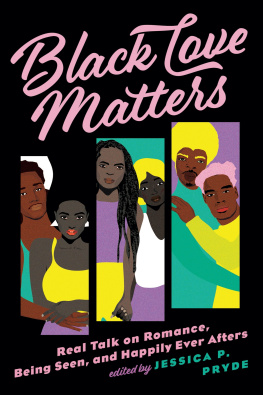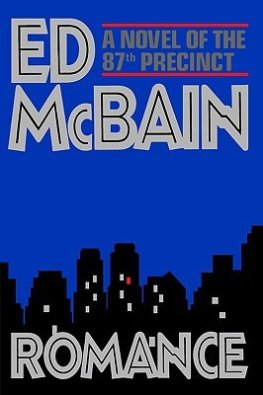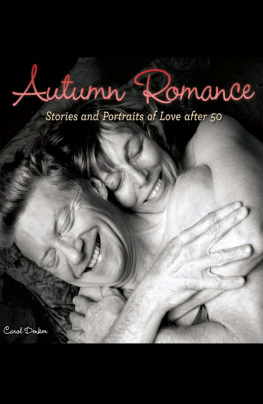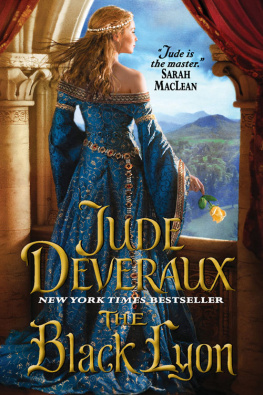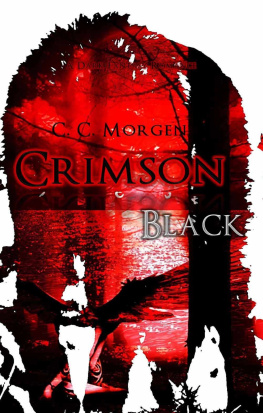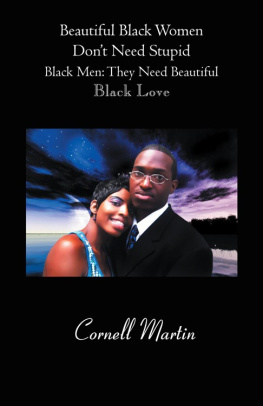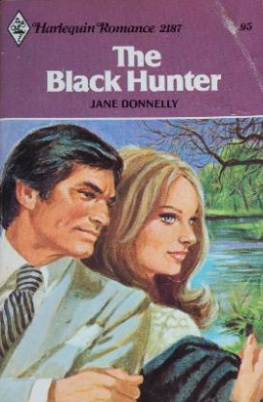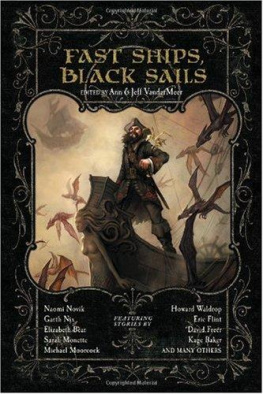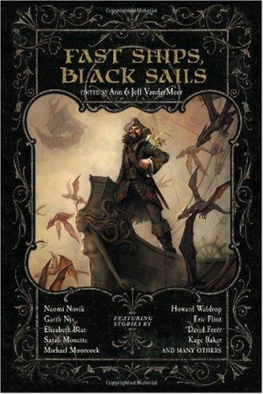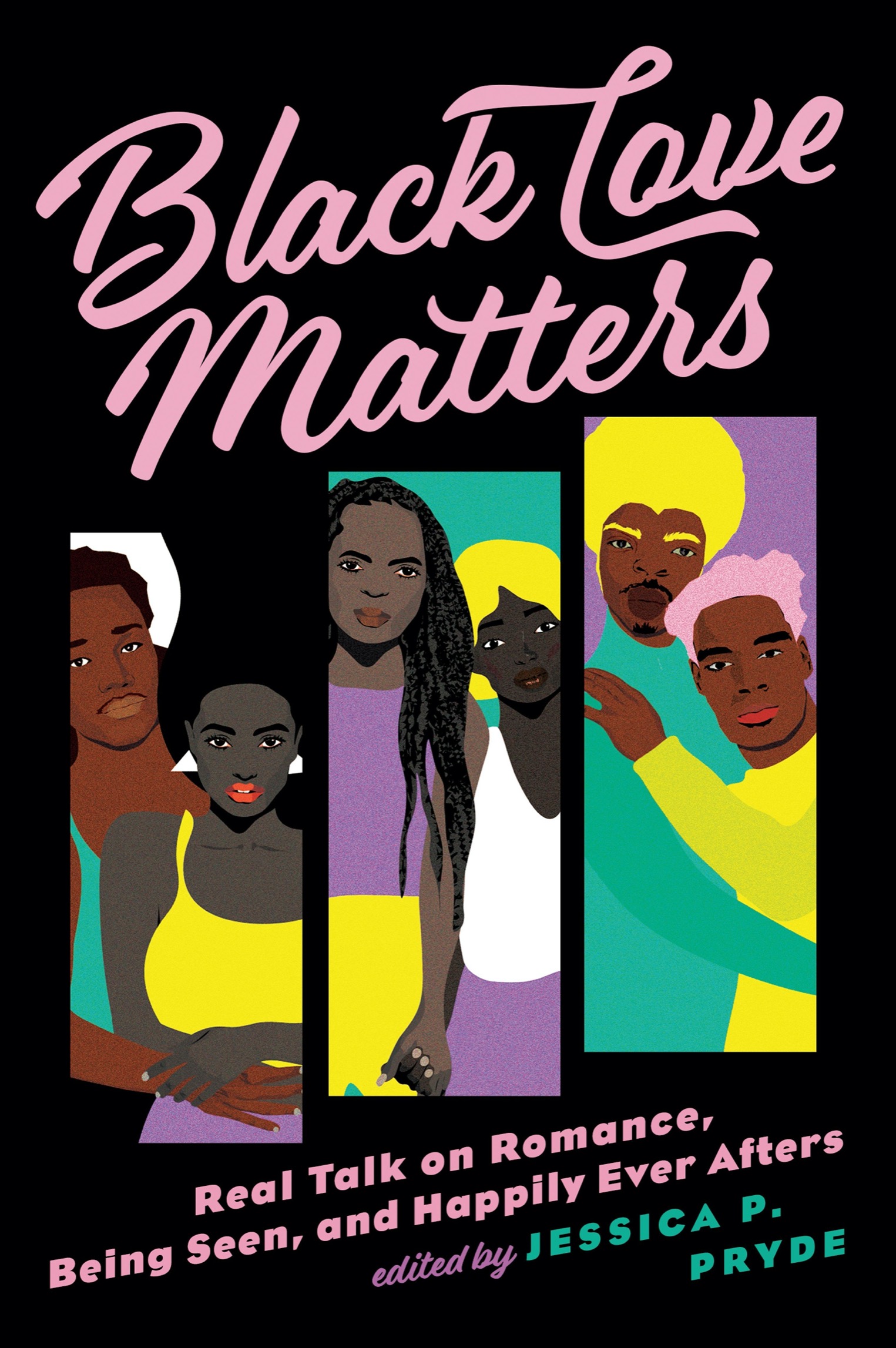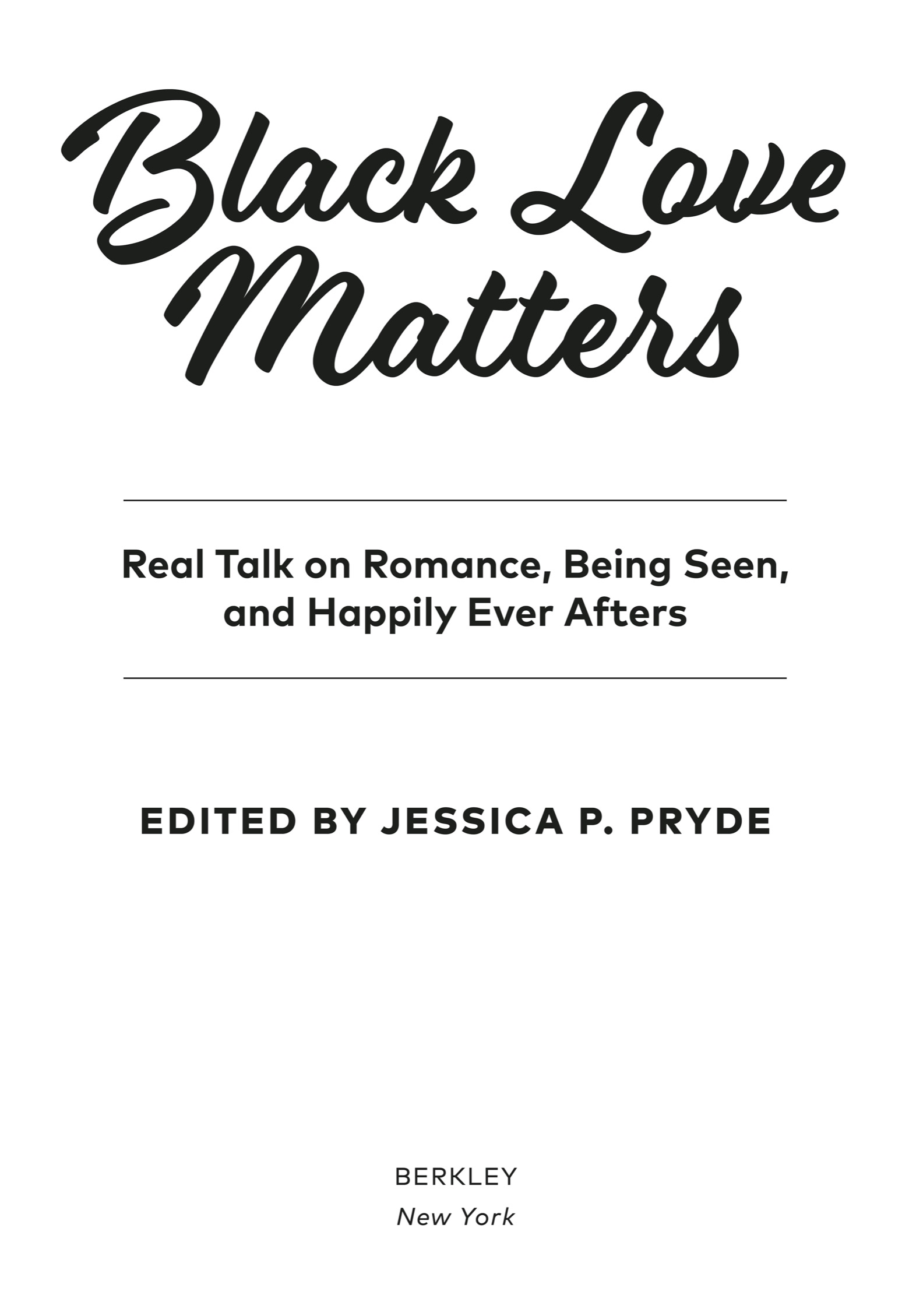BERKLEY
An imprint of Penguin Random House LLC
penguinrandomhouse.com

Copyright 2022 by Jessica P. Pryde
Introduction / Interracial Romance and the Single Story / Weve Been Doing This a Long-Ass Time: A Postscript copyright 2022 by Jessica P. Pryde A Short History of African American Romance copyright 2022 by Beverly E. Jenkins Imprint copyright 2022 by Allie K. Parker Im Rooting for Everybody Black: Black Solidarity, Black World-Building, and Black Love copyright 2022 by Carole V. Bell Finding Queer Black Women in Romance. Finding Bits and Pieces of Me. copyright 2022 by Nicole M. Jackson Writing in the Gaps: Black Latinx in Romance copyright 2022 by Adriana Herrera How a Black Author Found Her Romance History copyright 2022 by Margo J. Hendricks Food of Love copyright 2022 by Jasmine Guillory Black Cultural Studies and Black Love: Why Black Love Matters copyright 2022 by Julie E. Moody-Freeman Please, Sir, Can I Have Some More: How Bread Crumbs of Queer Characters in Entertainment Helped Me Establish My Own Sense of Self copyright 2022 by Kosoko Jackson In Search of the Black Historical Hottie Hero: The Sad Situation of the Black Hero in Historical Romance copyright 2022 by Piper Huguley; excerpts from The Preachers Promise and A Sweet Way to Freedom copyright 2014, 2015 by Piper Huguley Romance Has Broken My Dichotomous Key copyright 2022 by Sarah Hannah Gmez (Black) Love Is... (Black) Love Aint copyright 2022 by DaShaun L. Harrison Black Indie Romance copyright 2022 by Christina C. Jones
Penguin Random House supports copyright. Copyright fuels creativity, encourages diverse voices, promotes free speech, and creates a vibrant culture. Thank you for buying an authorized edition of this book and for complying with copyright laws by not reproducing, scanning, or distributing any part of it in any form without permission. You are supporting writers and allowing Penguin Random House to continue to publish books for every reader.
BERKLEY and the BERKLEY & B colophon are registered trademarks of Penguin Random House LLC.
Library of Congress Cataloging-in-Publication Data
Names: Pryde, Jessica P., editor.
Title: Black love matters: real talk on romance, being seen, and happily
ever afters / Jessica P. Pryde.
Description: First edition. | New York: Berkley, 2022. | Includes
bibliographical references.
Identifiers: LCCN 2021042012 (print) | LCCN 2021042013 (ebook) | ISBN
9780593335772 (trade paperback) | ISBN 9780593335789 (ebook)
Subjects: LCSH: Romance fiction, AmericanHistory and criticism. | American fictionAfrican American authorsHistory and criticism. | Love in literature. | African Americans in literature. | Essays. lcgft | LCGFT: Literary criticism.
Classification: LCC PS374.L6 B53 2022 (print) | LCC PS374.L6 (ebook) | DDC 813/.08509896073dc23/eng/20211118
LC record available at https://lccn.loc.gov/2021042012
LC ebook record available at https://lccn.loc.gov/2021042013
First Edition: February 2022
Cover art by Monica Ahanonu
Book design by Daniel Brount, adapted for ebook by Kelly Brennan
PUBLISHERS NOTE
While the author has made every effort to provide accurate telephone numbers, Internet addresses, and other contact information at the time of publication, neither the publisher nor the author assumes any responsibility for errors, or for changes that occur after publication. Further, publisher does not have any control over and does not assume any responsibility for author or third-party Web sites or their content.
pid_prh_6.0_139092985_c0_r0
For Deirdre and Delores. For putting books in my hands and love in my heart.
Contents
Introduction
When I was eight years old, I used to pretend that the kiss on the tarmac was the final scene of The Bodyguard. (Dont ask why I was watching an R-rated movie at eight; I had my ways.) The giant swell of Whitney Houstons powerhouse version of Dolly Partons I Will Always Love You makes the perfect fade-out for my own ending to the 1992 movie, one where Kevin Costners secret-agent-turned-bodyguard Frank Farmer doesnt move on to another job, recovering from the bullet he took. Where Whitney Houstons Oscar-winning triple threat Rachel Marron doesnt literally fly off into the sunset, future unknown. Long, rotating kiss shot, hit that high C, roll credits, end of story.
I might not have thought about it this way then, but I was giving Rachelgiving myselfa happy ending, one that I could be satisfied with as a burgeoning devourer of love stories. And the fact that it was a Black woman I was giving the happy ending to, in such opposition to the other media Id been exposed to and would continue to experience for the next few years, was no small factor in needing to see that happy ending. (I can also rewrite the narrative in my mind as an adult to consider that while Frank doesnt work for Rachel anymore, they can still be together. Just not all the time. But thats another story.)
Ive rewritten a few narratives in my headand spent a lot of time reimagining those narratives that are, thankfully, on obsolete technology and can never be accessed ever againbut continue to work hard to seek out my own kind of representative love story. Ive been lucky enough to come across those stories at a young age, first on-screenfrom Purlie & Lutiebelle to Sparkle & Stix to Martin & Ginaand later on the page, mostly in books borrowed from and returned to the library as a tween that Ill never remember the titles of but always remember how they made me feel. Love stories centering the Black experience arent the only thing I read, but when I find the great ones, the feeling is the absolute best.
But even with that feeling bursting in my veins, I can still acknowledge that for Black people, especially in the United States, a happily ever after hasnt always been easy to come by, and continues to present challenges.
For more than four hundred years, people of African descent have been treated abysmally in many nations of the world. Weve been denied citizenship, jobs, housing, voting rights, equality, equity, respect, and often, common human decency from our fellow humans. Yet, whether free or enslaved, Black people throughout history have been able to find romantic loveregardless of their ability to marryboth inside and outside their own communities. They created their own kind of handfasting and married for themselves, if nowhere else but in the eyes of a godor in their own eyes, if a higher power wasnt something they could believe in.
But because of institutional racism and a white supremacist society, Black consumers were often exposed only to white love. If there was a person of color from any background in a book or film centering a white narrative, they were often given a more tragic endingdeath, the death of their lover, their death at the hands of their lover, killing their lover, being left behind by a lover, and killing their child. There were exceptions, often in media produced either by or with great input by creators of color. Race pictures and novels written by Black creators developed their own popularity within the Black community but werent considered works of the canon until long after the deaths of the people involved in their production. Instead, Black consumers were expected to fall for the white narratives of love and romance that were offered to them. (This is, perhaps, why the Saturday afternoons of my youth, spent with my grandmother, often featured the likes of romantic films starring Clark Gable and Mario Lanza, on top of the more tragic tales

